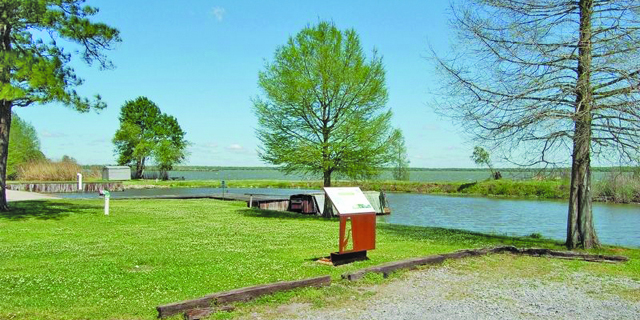TECHE SKETCHES: Mighty Mississippi River can giveth, and taketh away
Published 12:45 am Sunday, October 7, 2018
It’s sometimes said that Louisiana is the offspring of its waters.
The countless lakes, bayous, and rivers molded our state geographically and helped to infuse it with a unique culture not seen anywhere else.
Trending
But these waters that deliver … can sometimes also destroy.
About two weeks ago I attended a presentation given by St. Francisville author Anne Butler at the Jeanerette Museum. She read excerpts from her book, “Bayou Sara: Used to Be,” and showed vintage photographs of the West Feliciana Parish town, now long gone, that was once a port on the Mississippi River until flooding gradually erased it.
According to Butler, the actual bayou offered an anchorage for flatboats coming down the river laden with a variety of goods. At that time, in the late 1700s, settlers slowly expanded the locale.
Meanwhile, on the bluffs above the Mississippi, safe from any floods, the town of St. Francisville was founded a few years later.
“Bayou Sara became the center of commerce while St. Francisville acquired a cultured aspect,” said Butler.
The modest riverside port began to prosper when an influx of German immigrants set up many mercantile businesses. In spite of these successes, however, the community maintained a reputation as a tough settlement. Butler quoted an excerpt from a letter written by an early visitor to Bayou Sara stating that it was “… full of rowdy young men.”
Trending
Incidentally, the author’s lecture was effective because she spoke slowly and concisely. Additionally, it was evident that she had conducted a great deal of research on her subject, relying also on written accounts from the 19th century. She wasn’t only taking us back to that particular point in history but was wisely providing an essential human element as well. The introduction of steamboats in the decades preceding the Civil War allowed a greater amount of merchandise to further enrich the town, now an important stop between Natchez and New Orleans.
There were, however, frequent mishaps associated with this new type of transportation. Butler related that on one of the steamboats at the port a boiler had exploded. The blast hurled a workman hundreds of yards through the air until he crashed through the roof of a hotel where he landed in a bed.
The Mississippi River continued its regular flooding steadily washing away Bayou Sara. By 1927, only one voter was left in the nearly vanished locale.
Then, at the talk’s conclusion, a wonderful surprise awaited me.
In the back of the room I noticed three siblings, childhood friends of mine, that I hadn’t seen in quite some time. Elizabeth, Catherine, and Sidney were the children of the late Rose Butler Bourgeois, originally from St. Francisville.
Elizabeth told me that the writer, who had just given us such a memorable presentation, was actually a distant relative.
It was a bit ironic that this lecture recounting the disappearance of Bayou Sara caused, in great part, by the might of the Mississippi River had unexpectedly gifted me with a welcome reunion with very dear friends.
In an indirect manner, Louisiana’s principal waterway had once again revealed its often contradictory, but always nurturing powers.
O.J. GONZALEZ is a native and resident of Jeanerette. He graduated from USL in printmaking and photography and his photographs have appeared in publications in Louisiana, Alaska, Canada, New Zealand and England.





